
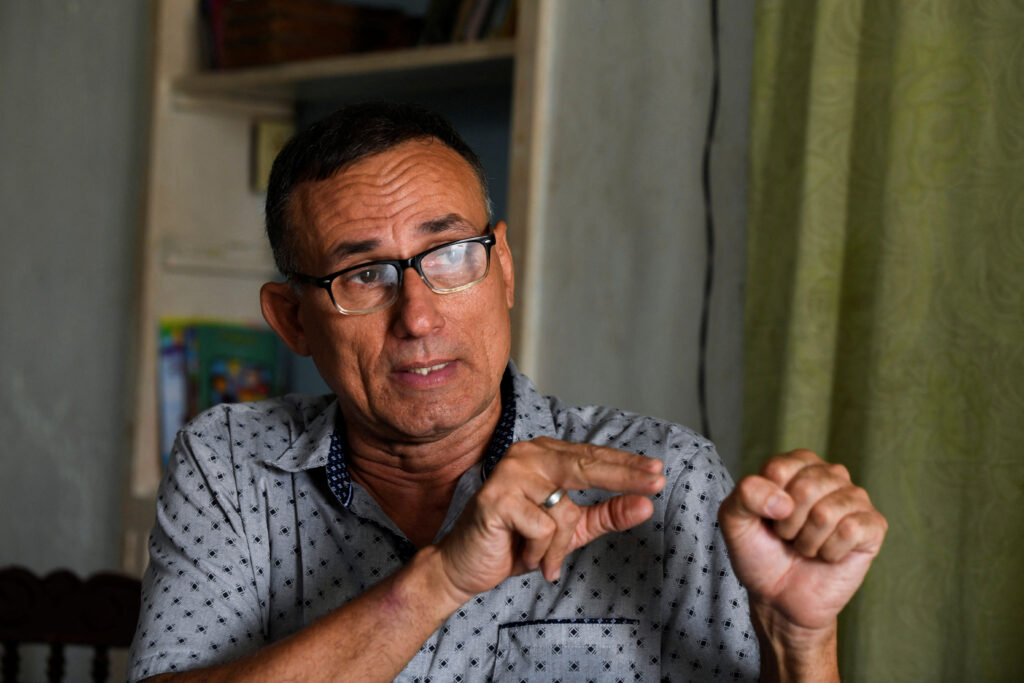
HAVANA (Reuters)
Cuba on Tuesday (April 29) arrested high-profile dissident Jose Daniel Ferrer for violating the terms of his parole just three months after releasing the activist from jail as part of a Vatican-brokered deal with the Biden administration.
Ferrer had failed to attend two mandatory court hearings, a violation of Cuban law and the conditions of his release, said Maricela Sosa, vice president of Cuba’s Supreme Popular Tribunal.
“Not only did he not show up, but he also announced through his social media profile, in flagrant defiance and non-compliance with the law, that he would not appear before the judicial authority,” Sosa told Reuters in a statement on Tuesday morning.
Ferrer’s sister, Ana Belkis Ferrer, said on social media that her brother had been detained by police early on Tuesday, as well as his wife, Nelva, their son and several activists.
“We demand his immediate release and that of all detainees and political prisoners,” Ana Belkis said on X.
Ferrer, who lives in Santiago de Cuba, has maintained that he was wrongly jailed by Cuban authorities from the start and that his presence at any judicial hearing was unnecessary.
Sosa told Reuters that the court had also arrested Felix Navarro, another high-profile dissident from Matanzas who was sentenced to nine years in prison following island-wide anti-government protests in July 2021.
Sosa said Navarro, released in January, had violated the terms of his parole by leaving the municipality in which he lives without first seeking authorisation from a judge.
“Although not part of this process, in addition to failing to comply with the terms of their parole, (Ferrer and Navarro) are people who publicly call for disorder and disrespect for authorities in their social and online environments, and maintain public ties with the head of the United States embassy,” Sosa said.
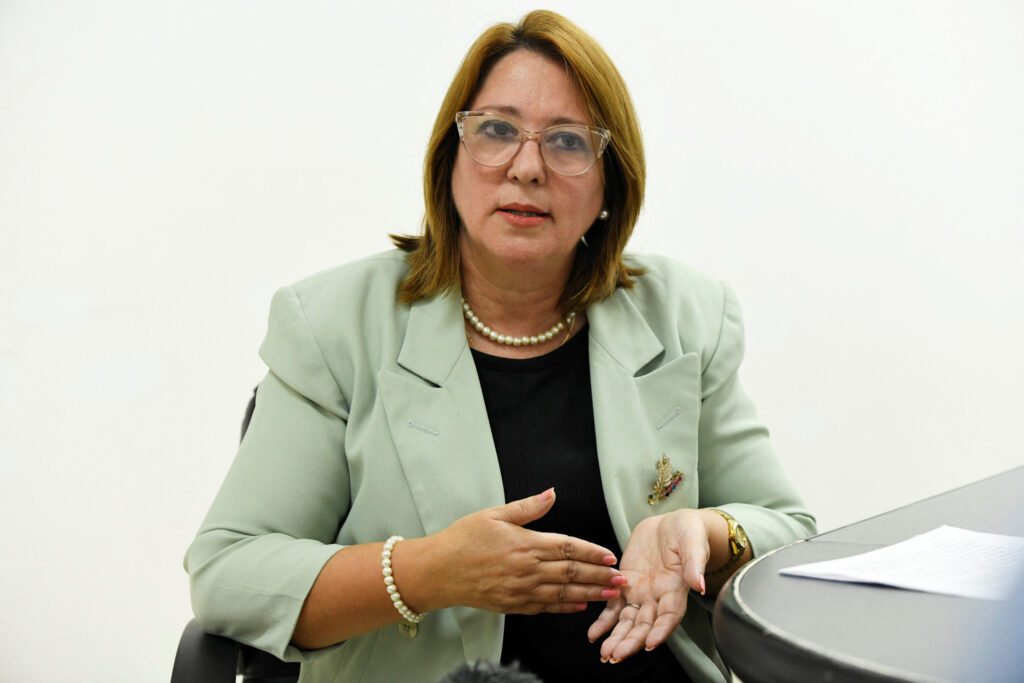
Sosa said the decision to arrest the two men on Tuesday was “not directly related to those behaviours” but that further investigation would be forthcoming.
The 54-year-old Ferrer founded an opposition group called the National Patriotic Union, or Unpacu, in 2011. He is among the communist-run island’s last remaining and highest-profile dissidents.
Ferrer had begun operating a soup kitchen from his home in Santiago de Cuba after his release in January. He had alleged the government was harassing his family and his staff, making it impossible for him to provide food for the poor.
Cuba has long accused the United States of underwriting Ferrer’s dissidence in a bid to overthrow the island’s government.
US Chief of Mission Mike Hammer visited Ferrer in February at his home in Santiago. The US State Department did not immediately reply to a request for comment on the activist’s arrest.

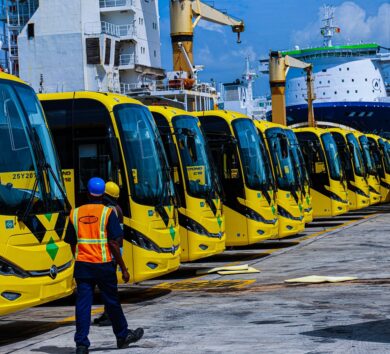
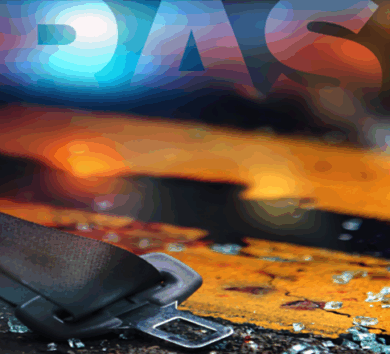
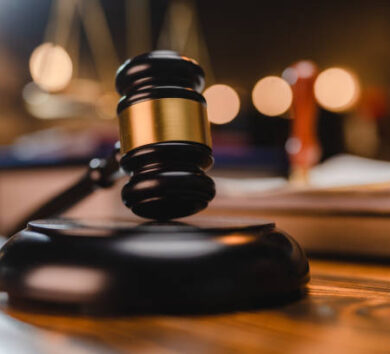
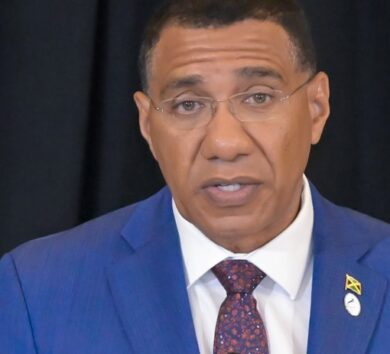
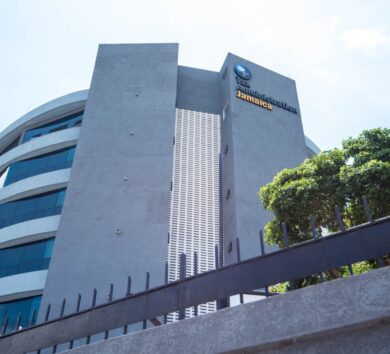

Comments